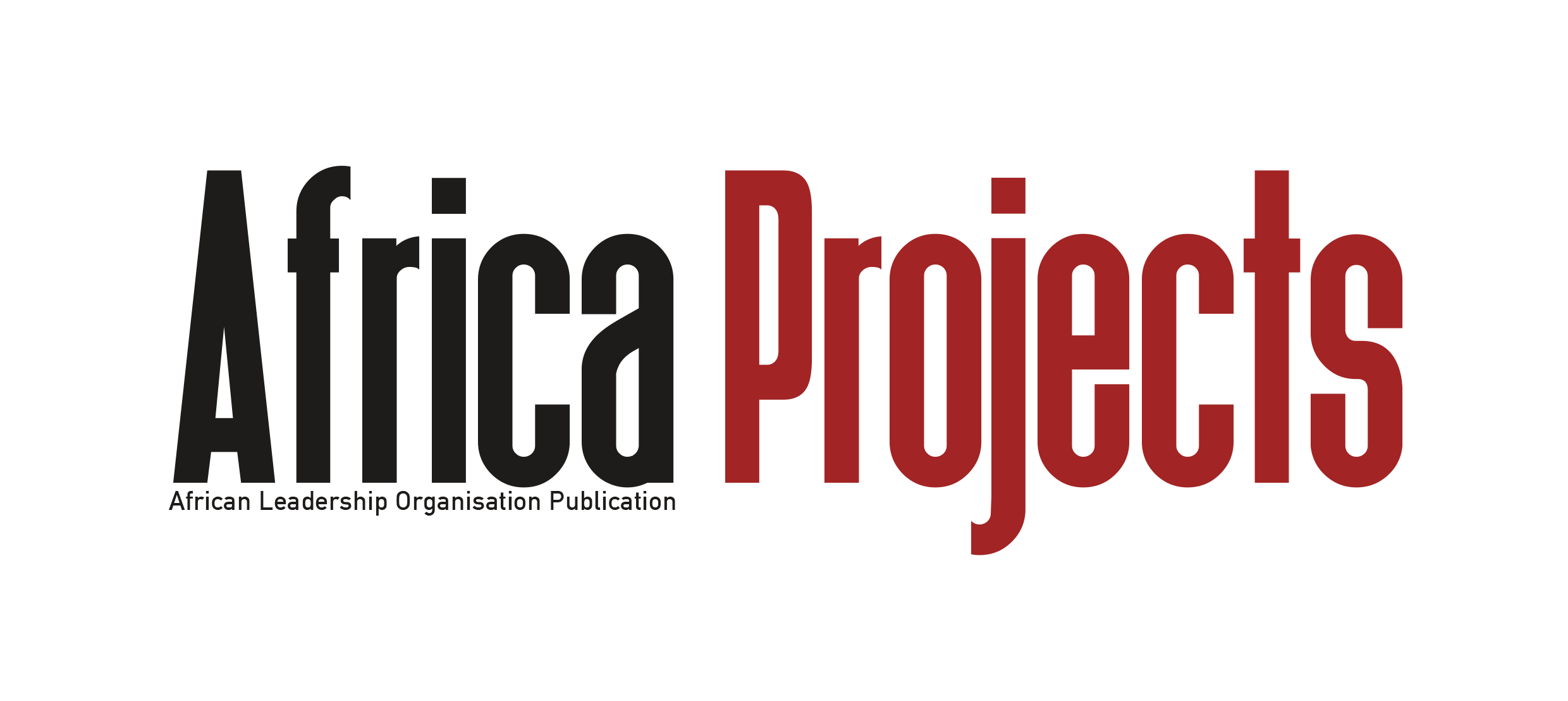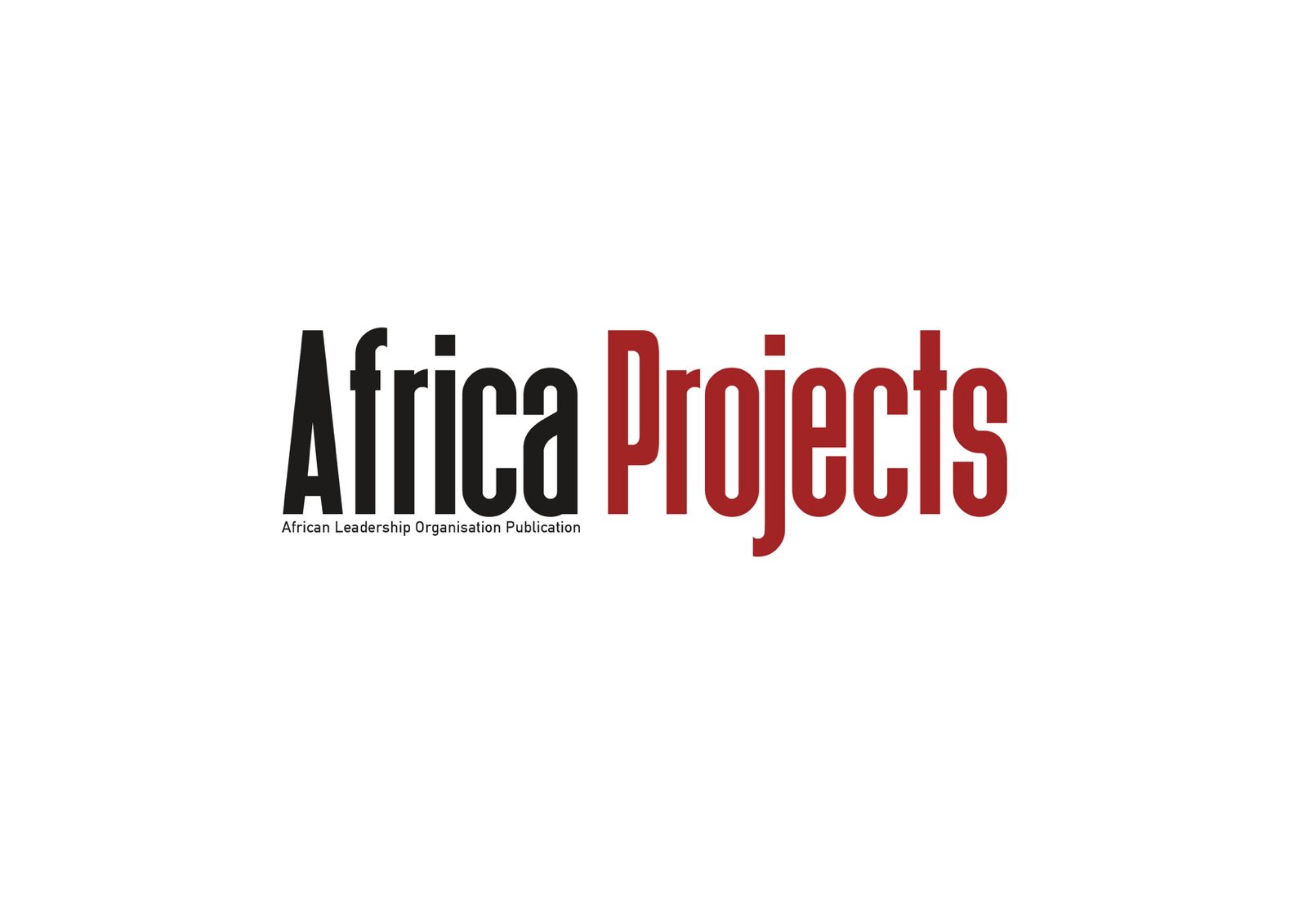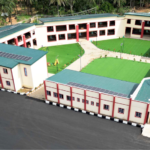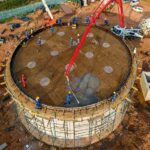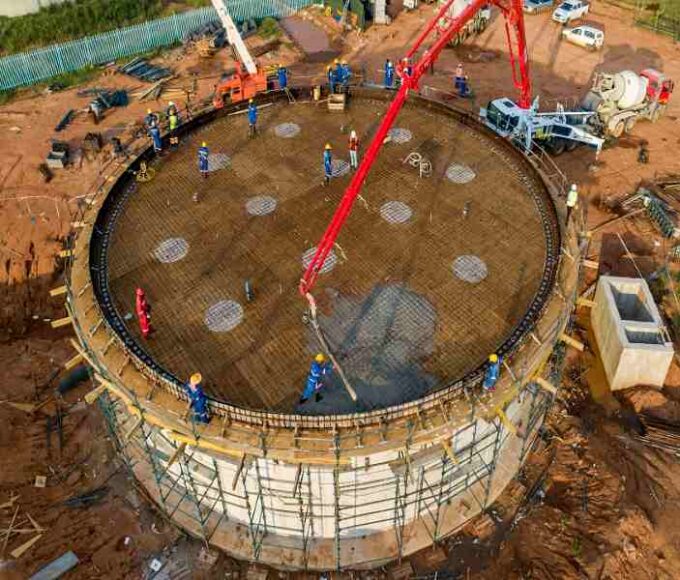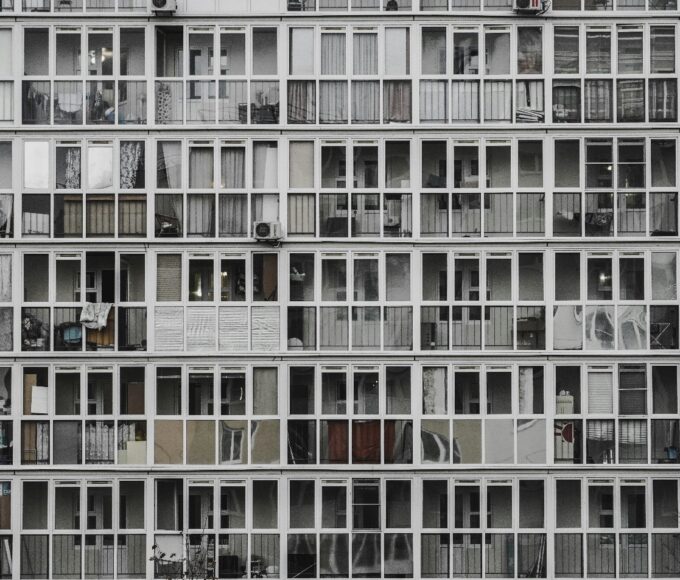- Home
- Features
- Startup Zone
- Projects
- Policies
- Shop
- Policies
- Projects
- Startup Zone
- Country Spotlight
- Analysis
- Tech
- Policies
- Projects
- Startup Zone
- Country Spotlight
- Analysis
- More
- Beyond the Kalashnikov: Africa’s Shift Toward Technology-Driven Warfare
- Afrail Express: Uniting a Continent on Rails
- AFRICA’S ENERGY CORRIDORS: CONNECTING POWER, PEOPLE, AND PROSPERITY
- Startup Lions Campus: Empowering Kenya’s Digital Generation
- L’Art de Vivre’s Le Paradis de Mahdia: Tunisia’s Model for Sustainable Luxury
- The Lobito Corridor: Rewiring Africa’s Trade Arteries Through Strategic Infrastructure
- AFRICA’S GREEN ENERGY TRANSITION: A BEACON OF HOPE FOR CLIMATE ACTION
- Dangote Refinery: Showcasing Africa’s Project Success Story
- AFRICA GREEN ECONOMY: ALL YOU NEED TO KNOW
- The Most Important Amicus Brief in the History of the World
- The Rise of Indigenous UAVs: Africa’s Drone Capabilities in Warfare and Surveillance
- AFRICA’S LARGEST OIL PRODUCERS: A COMPREHENSIVE OVERVIEW
- Beyond the Kalashnikov: Africa’s Shift Toward Technology-Driven Warfare
- Afrail Express: Uniting a Continent on Rails
- AFRICA’S ENERGY CORRIDORS: CONNECTING POWER, PEOPLE, AND PROSPERITY
- Startup Lions Campus: Empowering Kenya’s Digital Generation
- L’Art de Vivre’s Le Paradis de Mahdia: Tunisia’s Model for Sustainable Luxury
- The Lobito Corridor: Rewiring Africa’s Trade Arteries Through Strategic Infrastructure
- AFRICA’S GREEN ENERGY TRANSITION: A BEACON OF HOPE FOR CLIMATE ACTION
- Dangote Refinery: Showcasing Africa’s Project Success Story
- AFRICA GREEN ECONOMY: ALL YOU NEED TO KNOW
- The Most Important Amicus Brief in the History of the World
- The Rise of Indigenous UAVs: Africa’s Drone Capabilities in Warfare and Surveillance
- AFRICA’S LARGEST OIL PRODUCERS: A COMPREHENSIVE OVERVIEW
- Beyond the Kalashnikov: Africa’s Shift Toward Technology-Driven Warfare
- Afrail Express: Uniting a Continent on Rails
- AFRICA’S ENERGY CORRIDORS: CONNECTING POWER, PEOPLE, AND PROSPERITY
- Startup Lions Campus: Empowering Kenya’s Digital Generation
- L’Art de Vivre’s Le Paradis de Mahdia: Tunisia’s Model for Sustainable Luxury
- The Lobito Corridor: Rewiring Africa’s Trade Arteries Through Strategic Infrastructure
- Startup Zone
Top Insights
Women in South African Construction: Progress and the Road to Equality Ahead of Women’s Day 2025
Women have always had the resilience, talent, and vision to thrive in construction. What they still require is an industry that respects, supports, and reflects them — from the drafting board to the boardroom.
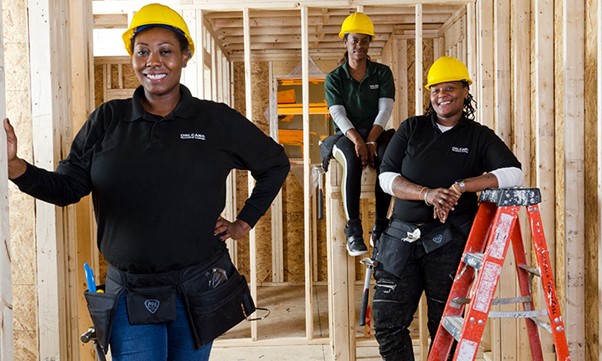
As South Africa approaches National Women’s Day on August 9, 2025, there’s renewed attention on the position of women in the country’s construction and built environment sectors. While notable progress has been made over the past decade, the industry remains heavily male-dominated, with structural barriers still limiting women’s advancement and participation.
A Snapshot of 2025
As of Q2 2025, women represent just 11.5% of the total workforce in the South African construction industry — a marginal increase from the 10.3% recorded in 2021. Despite growing numbers of female graduates in civil engineering and project management, their transition into the formal workforce remains stifled by unequal hiring practices and slow career progression.
According to the Construction Industry Development Board (cidb), fewer than 7% of contractors classified as Grade 7 and above (handling large public projects) are female-owned. Meanwhile, at the executive level, less than 3% of South Africa’s top 50 construction firms have a woman as CEO or managing director — a figure that has barely changed since 2019.
The Enduring Challenges
Cultural and institutional biases continue to define the work environment. A recent 2025 study by the South African Council for the Project and Construction Management Professions (SACPCMP) found that:
- 60% of women in construction experience workplace discrimination or bias based on gender.
- 45% report that they are paid less than male colleagues in equivalent roles.
- Only 1 in 4 companies surveyed had active mentorship programmes aimed at developing female talent.
The perception of construction as “rough and tough” work still deters many women from entering or remaining in the sector, even though roles in planning, quantity surveying, procurement, and digital construction tools are well suited to professionals of any gender.
Breaking the Glass Ceiling: Steps Forward
Despite the tough terrain, a growing number of women are leading the charge for transformation.
In 2024, civil engineer Nomvula Mzimba became the first woman to chair the South African Institution of Civil Engineering (SAICE) in its 120-year history. Her appointment is symbolic of the slow but visible shift toward inclusivity at professional body level.
The cidb’s Empowerment and Recognition of Women in Construction (ERWIC) Awards, now in its fifth year, continues to showcase the work of women-owned firms in roads, energy, housing, and public infrastructure. In 2024, over 430 nominations were received — double the number in 2021.
The Women Empowerment and Gender Equality Transformation Collaborative Committee (WEGE TCC), under the Council for the Built Environment (CBE), has also been proactive, holding its 2025 summit in April with over 300 attendees from across South Africa and SADC, advocating for legislative reforms, procurement equity, and skills development.
Education, Mentorship, and Retention
Education remains one of the biggest levers of change. At Nelson Mandela University, where this research originates, women now make up 42% of undergraduate students in Construction Management — a significant leap from the 28% recorded in 2015.
However, the challenge lies in retention post-graduation. Surveys indicate that within five years of entering the workforce, nearly 35% of women leave construction due to workplace hostility, lack of career progression, and work-life balance conflicts.
Mentorship and sponsorship are critical here. Programmes like SAWIC (South African Women in Construction) and Women in Engineering Leadership Association (WELA) are leading structured mentoring partnerships that pair young women with senior professionals to guide their development and navigate challenges.
A Digital Opening: The Role of Technology
One of the more promising frontiers for women in construction lies in digitalisation. The growing adoption of Building Information Modelling (BIM), drone surveying, AI-based design tools, and modular construction methods is changing the industry landscape — opening new, non-traditional roles where women are thriving.
In 2025, over 60% of new hires in construction tech firms in South Africa are women, according to data from the Technology for Infrastructure Forum (TIFSA). These include roles in cost engineering, digital planning, GIS-based environmental impact analysis, and smart site logistics — far removed from traditional boots-on-the-ground stereotypes.
Looking Ahead to Women’s Day 2025
As we move toward August 9, 2025, the momentum for transformation must be matched by structural reforms and accountability. Several key priorities are on the table:
- Gender-responsive procurement: Government projects must allocate a minimum 30% of contract value to women-owned enterprises in line with the Preferential Procurement Policy Framework Act (PPPFA) targets.
- Mandatory mentorship: All large contractors working on public infrastructure should be required to implement mentorship programmes for young professionals — with targets for female mentees.
- Workplace reform: From maternity support to harassment policies, construction firms need enforceable compliance benchmarks that make the industry safe and sustainable for women.
- Public-private partnerships: Multistakeholder platforms involving government, industry, academia, and civil society must drive forward-looking strategies to mainstream gender inclusion in every layer of the value chain.
Women have always had the resilience, talent, and vision to thrive in construction. What they still require is an industry that respects, supports, and reflects them — from the drafting board to the boardroom.
As South Africa prepares to mark another Women’s Day in August, let this not be a ceremonial nod to inclusion, but a recommitment to rewriting the DNA of a historically exclusionary industry.
Only then can we truly build a future that includes all of us — brick by brick.
Recent Posts
Related Articles
Blockchain for Energy: Can Africa Lead the Charge?
The energy sector in Africa is at a pivotal crossroads. With a...
ByafricaprojectSeptember 23, 2025Airports in Transformation: Ethiopia’s Vision for Bole
Ethiopia is charting an ambitious course to elevate its status as Africa’s...
ByafricaprojectAugust 13, 2025Water Works: The Infrastructure Behind Africa’s Urban Thirst
Africa’s cities are facing a growing water crisis, with millions of people...
Byadmag_adminJune 12, 2025Urban Housing at Scale: Can Africa Build 100 Million Affordable Homes by 2035?
Africa faces an unprecedented urban housing challenge driven by rapid population growth,...
Byadmag_adminJune 12, 2025